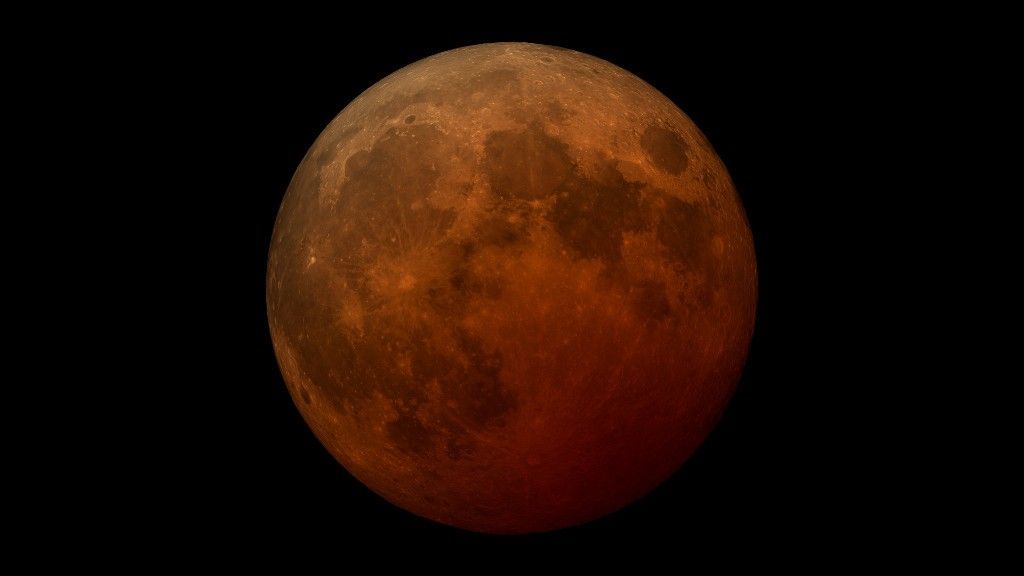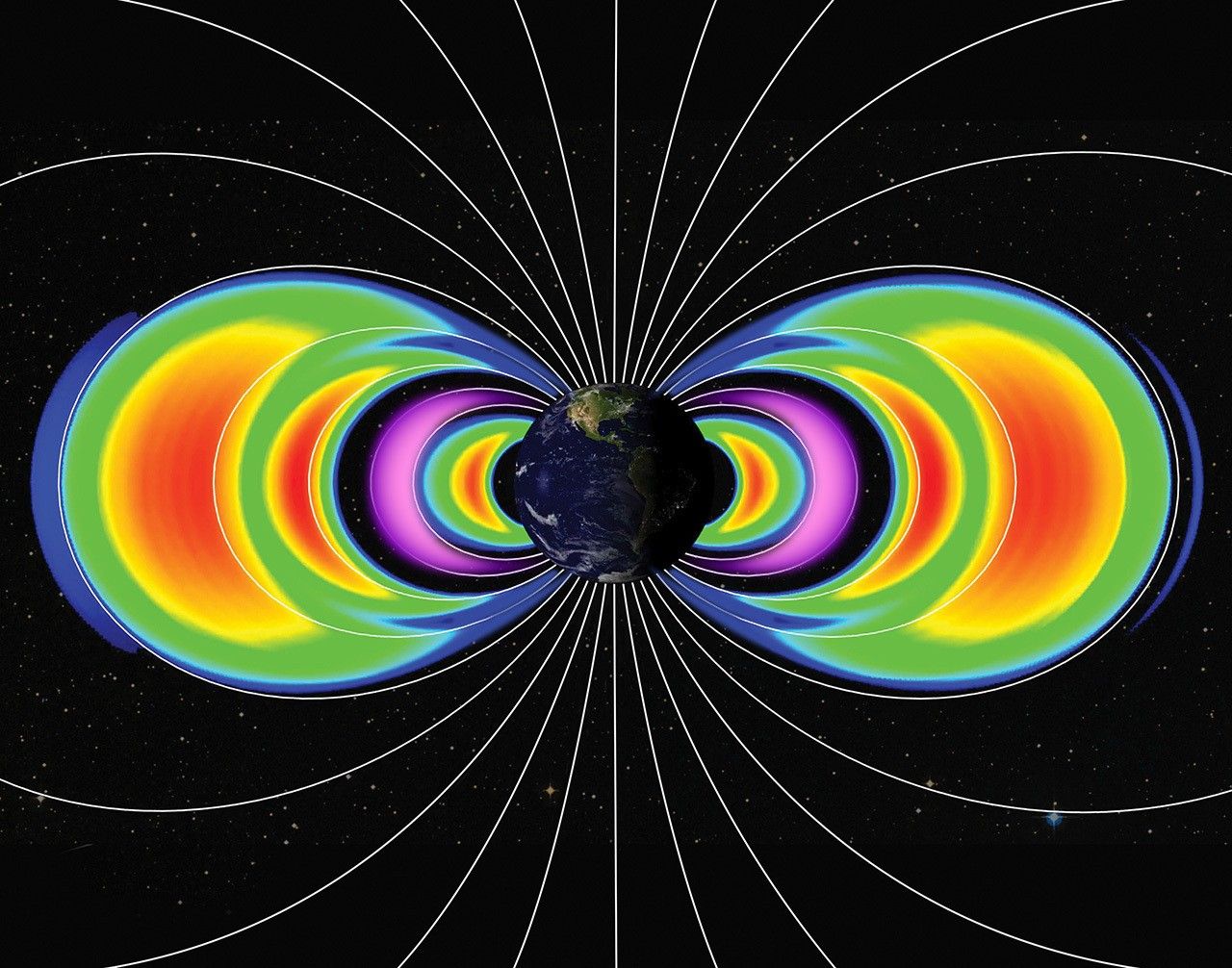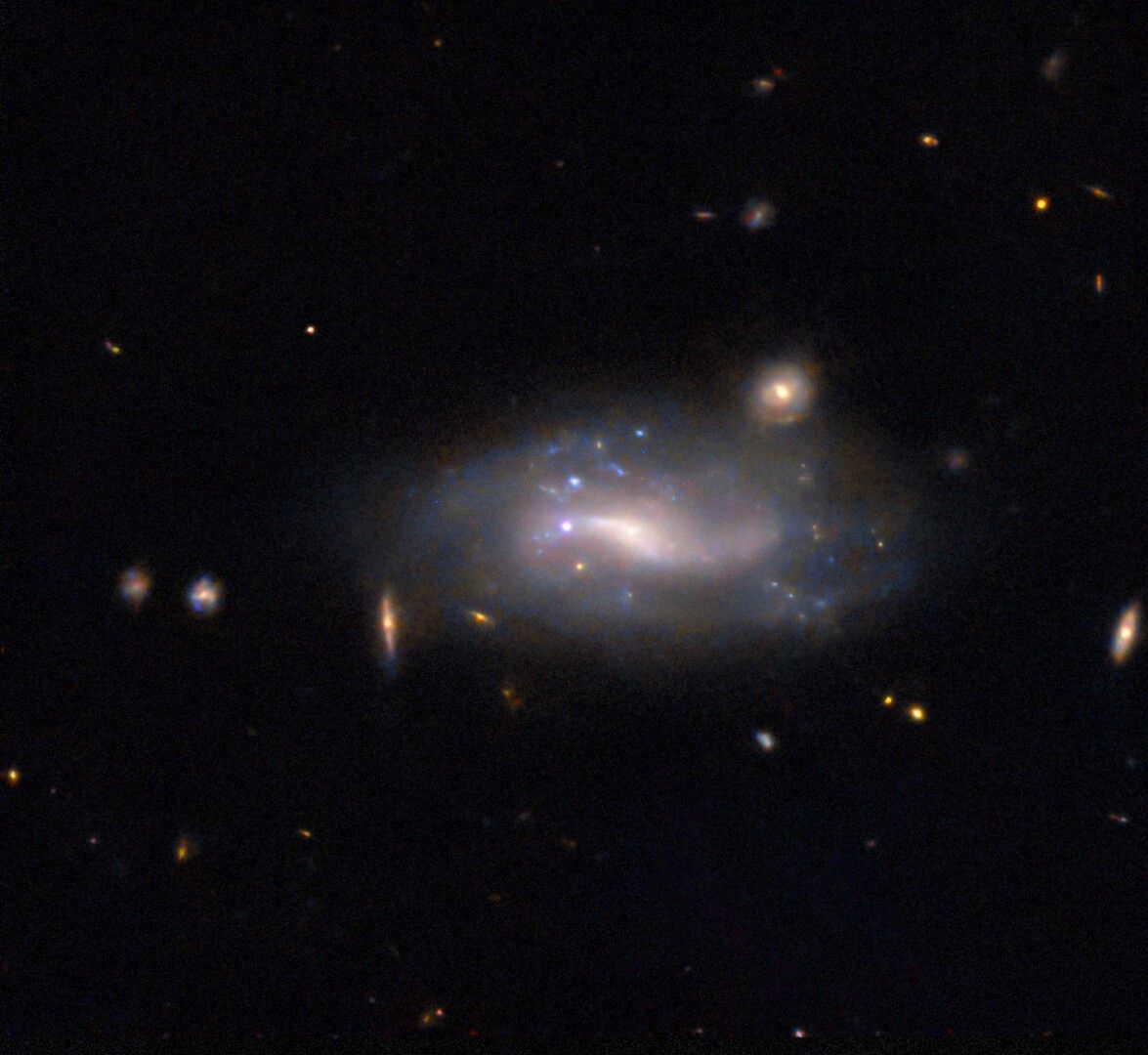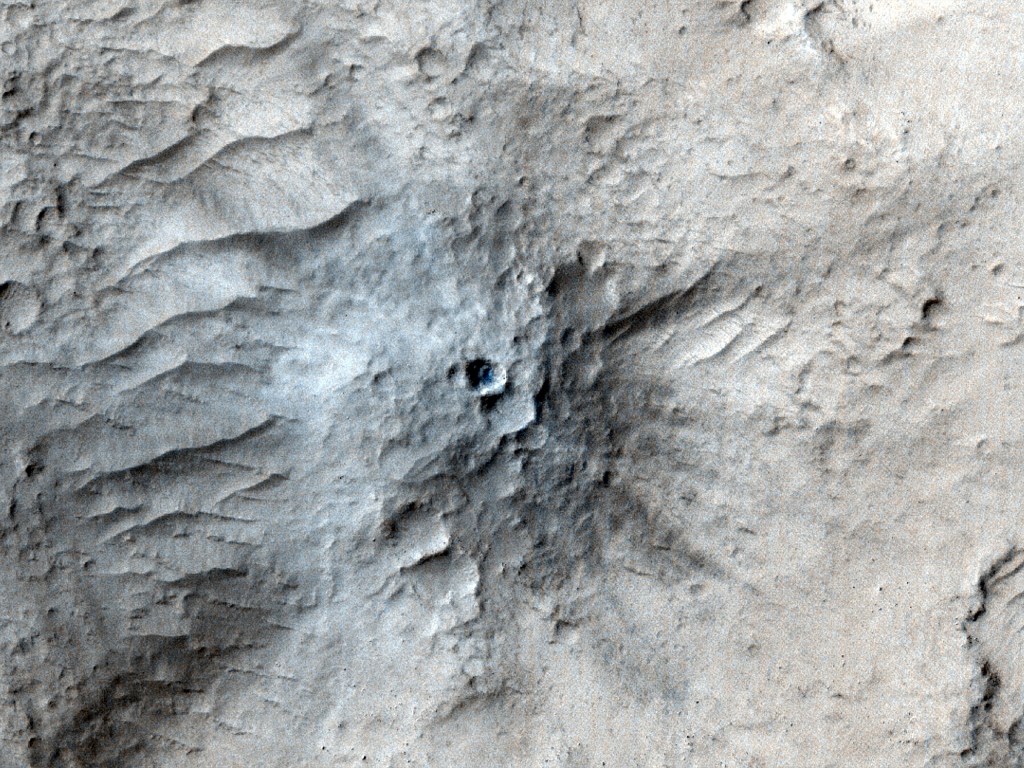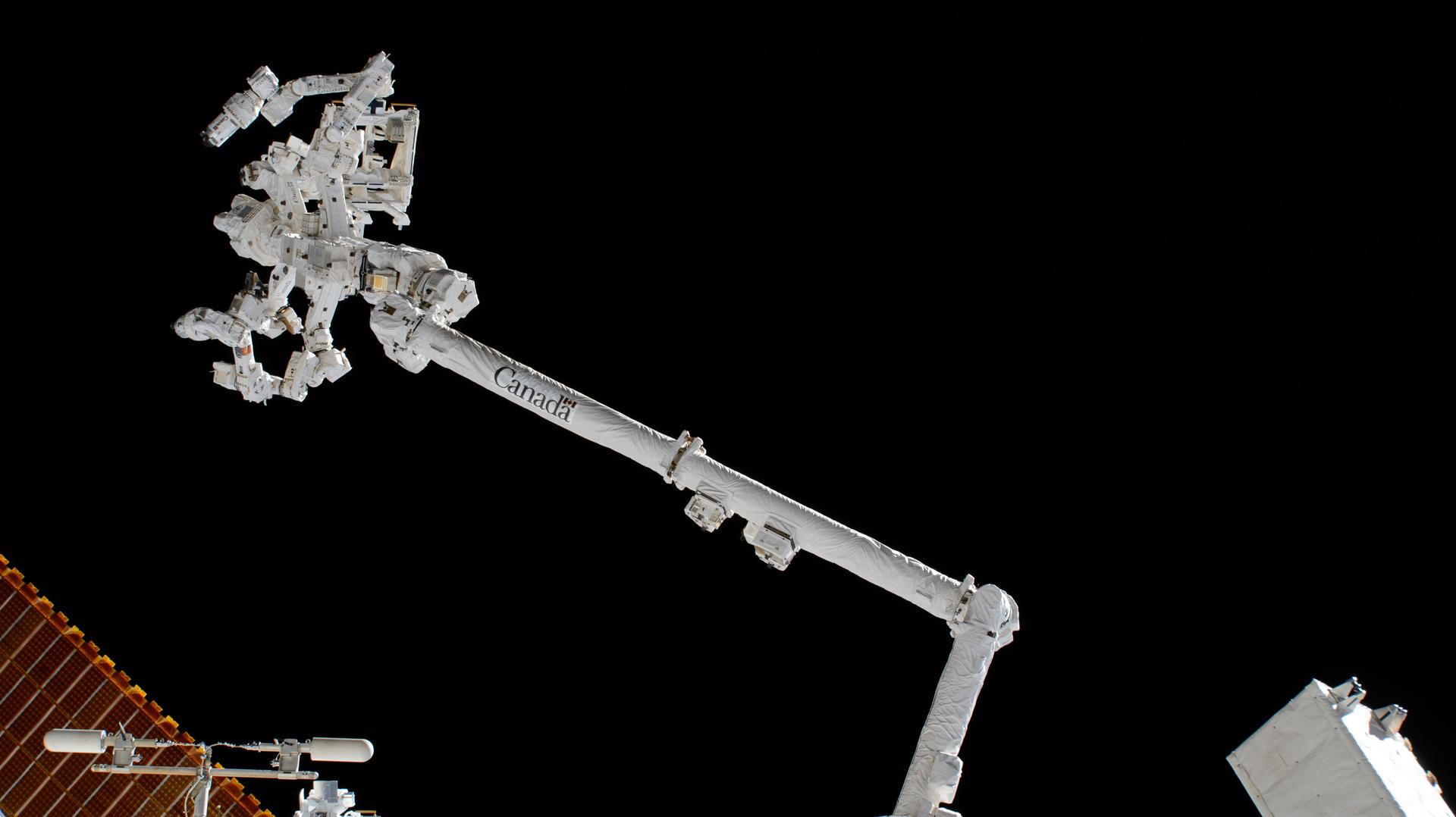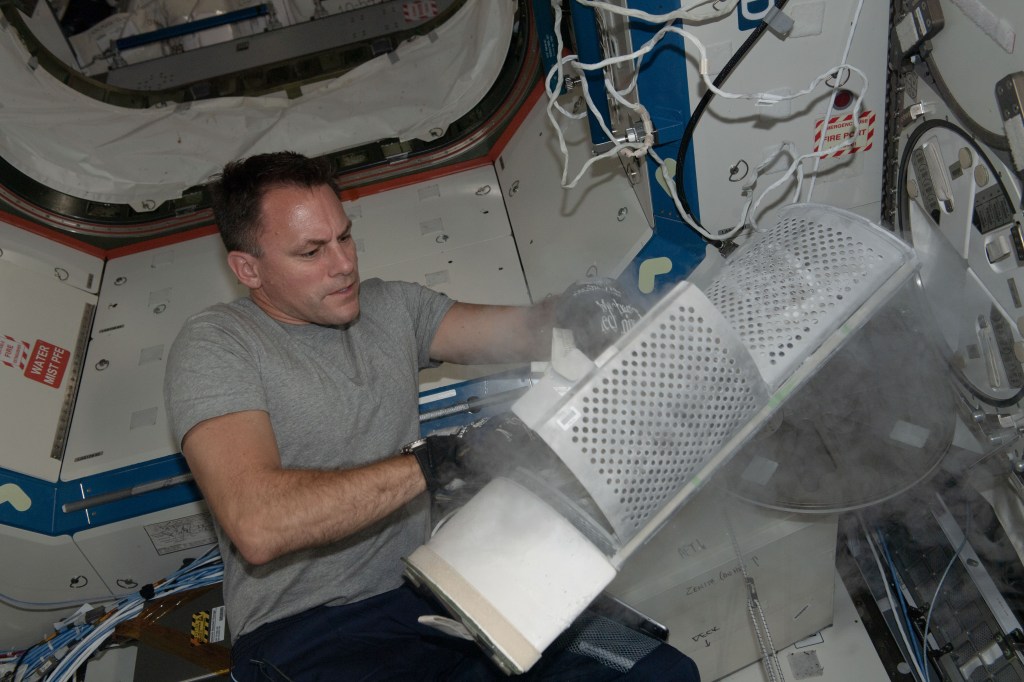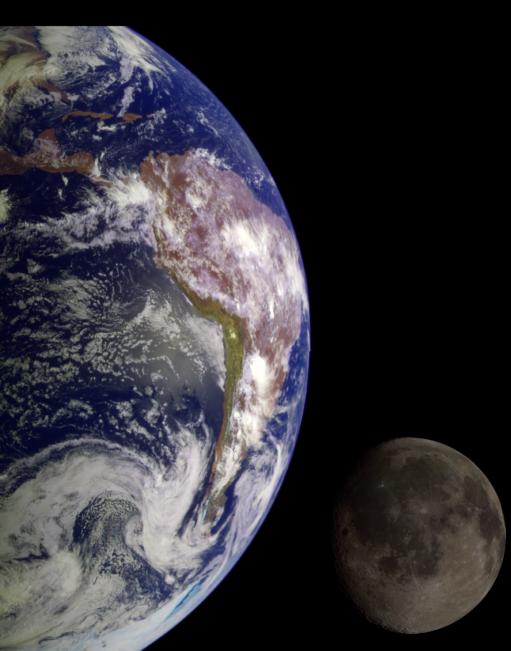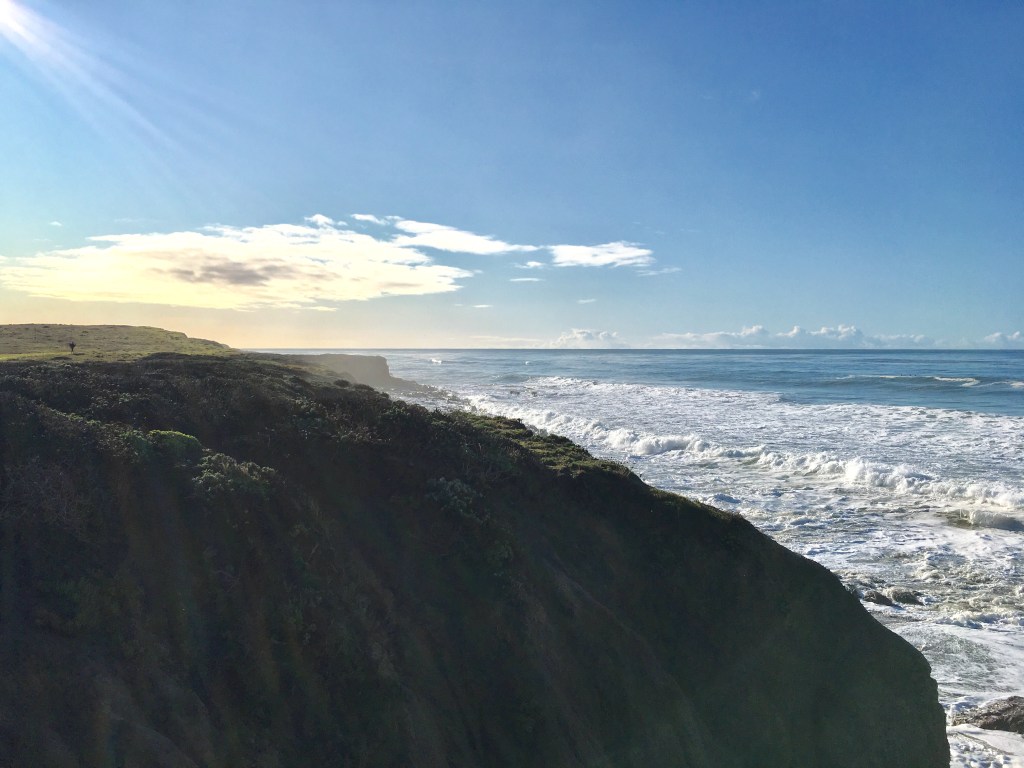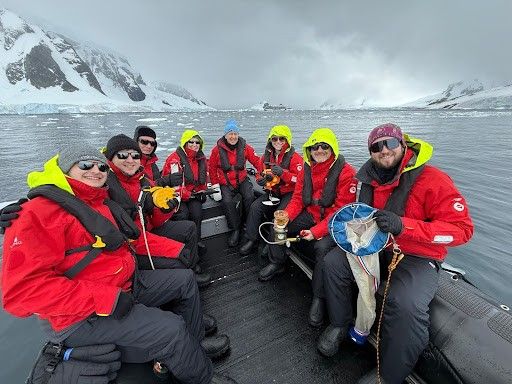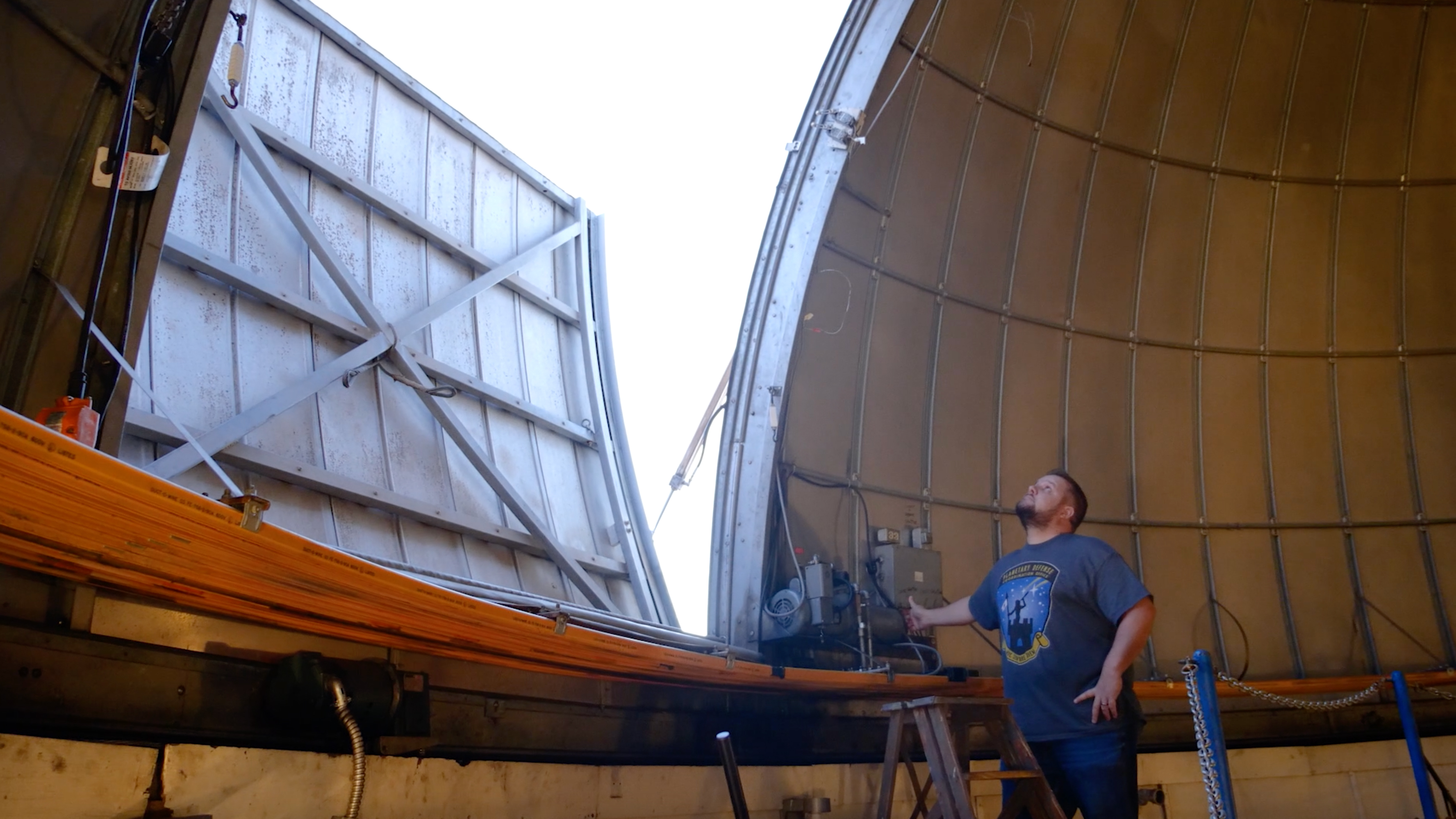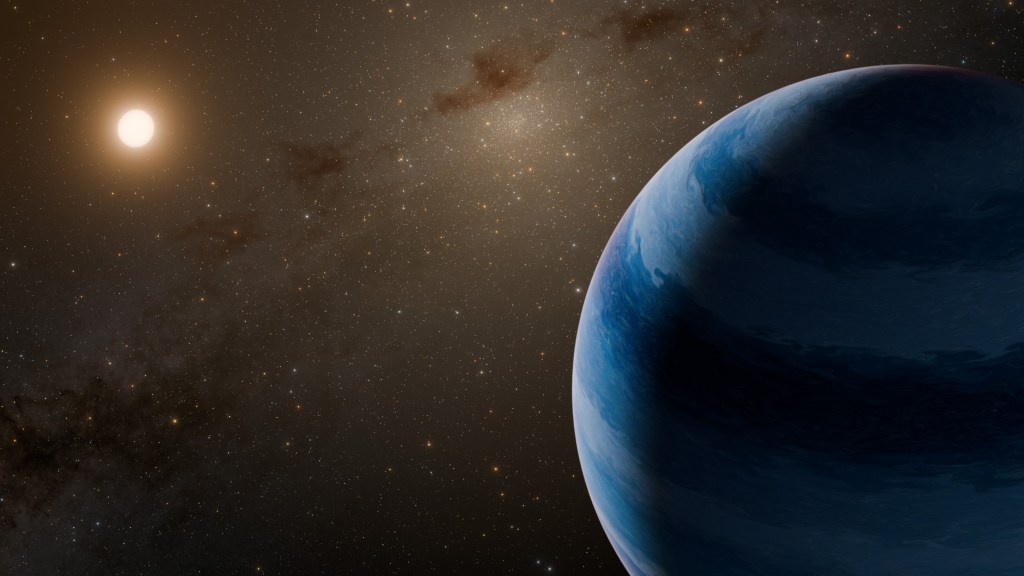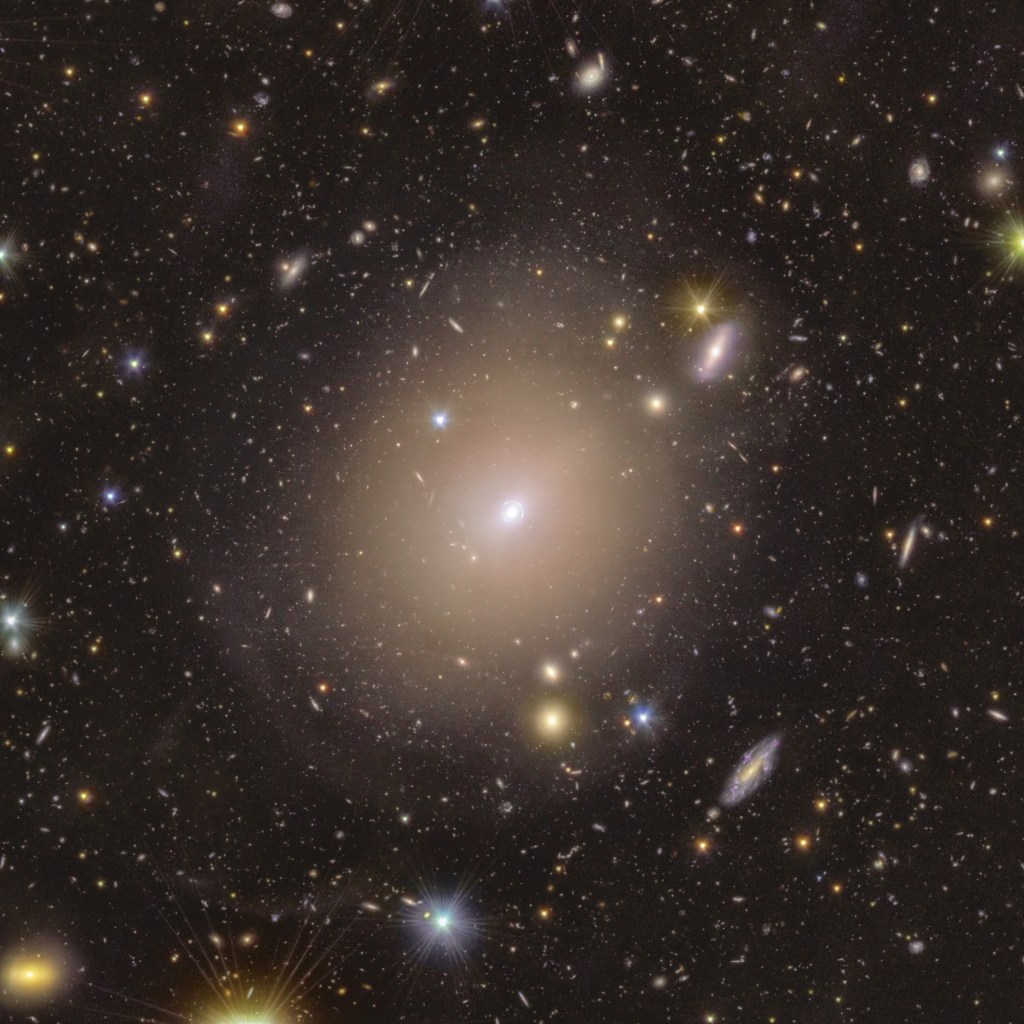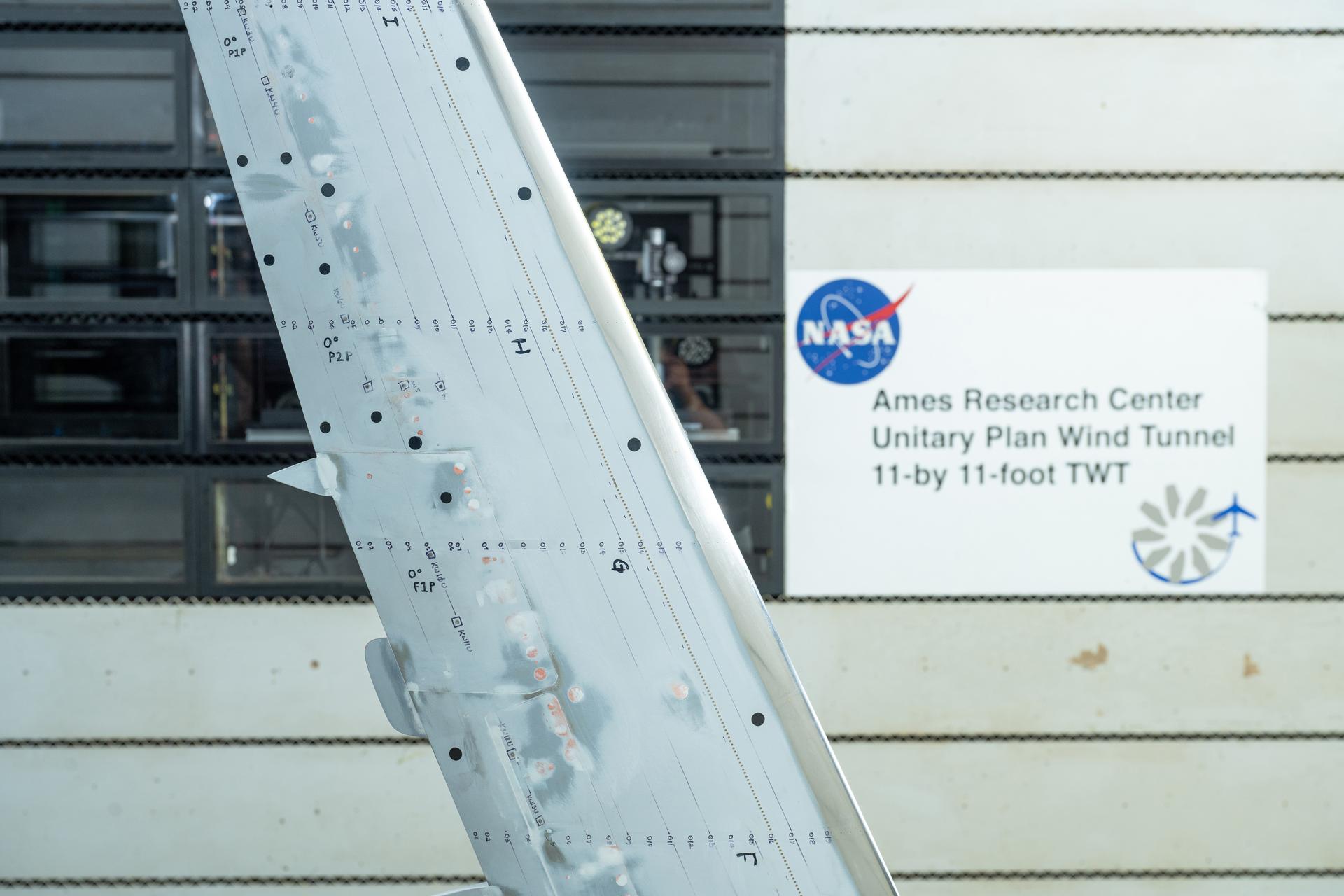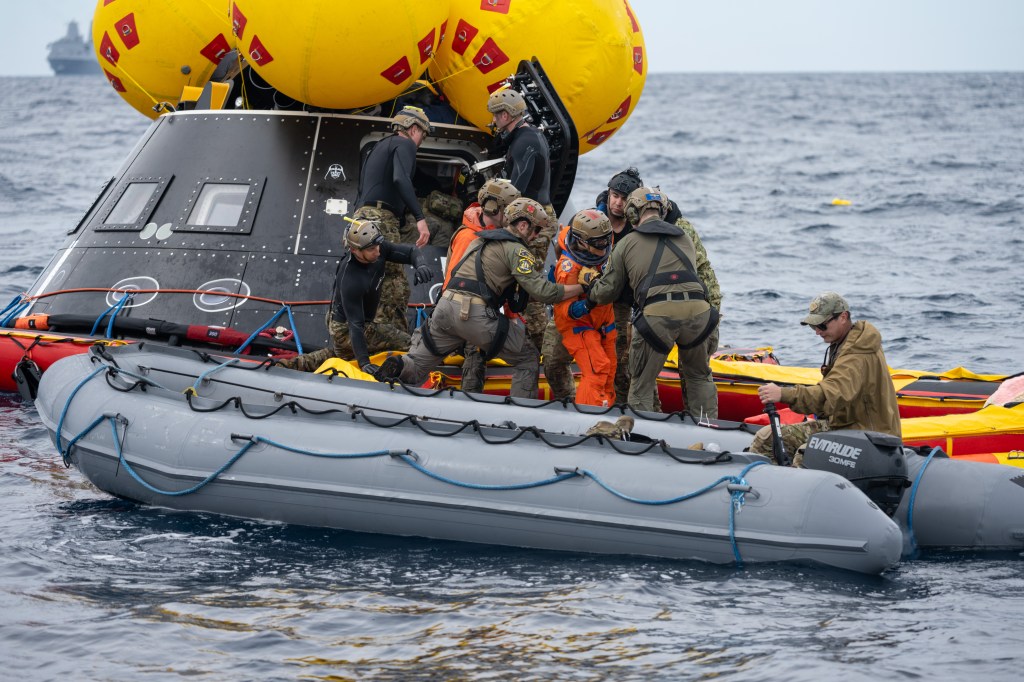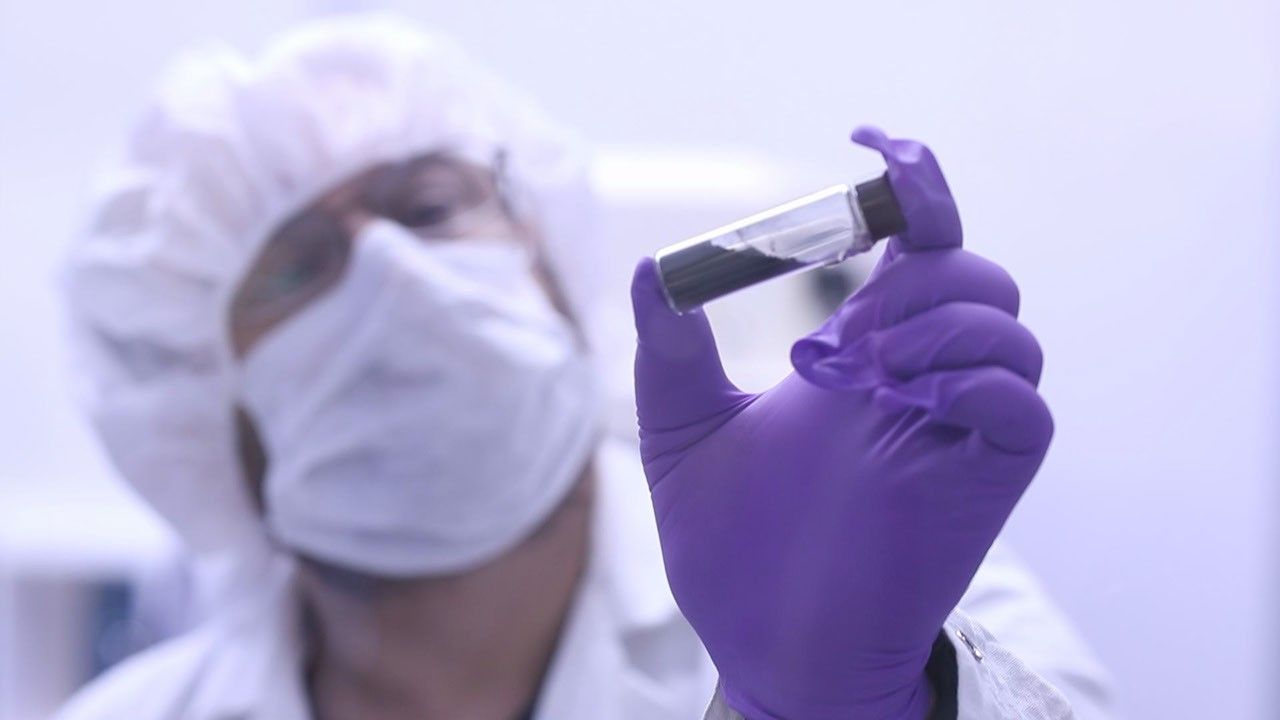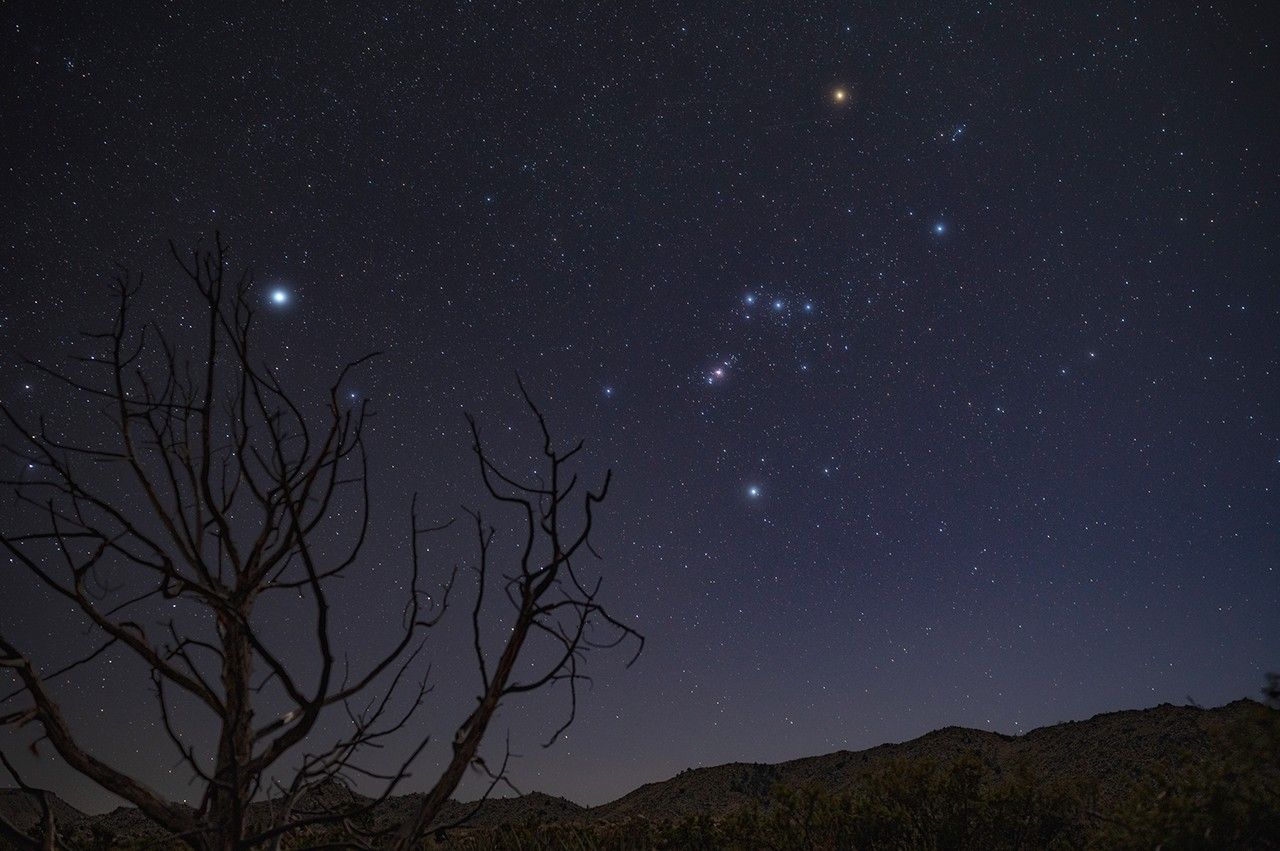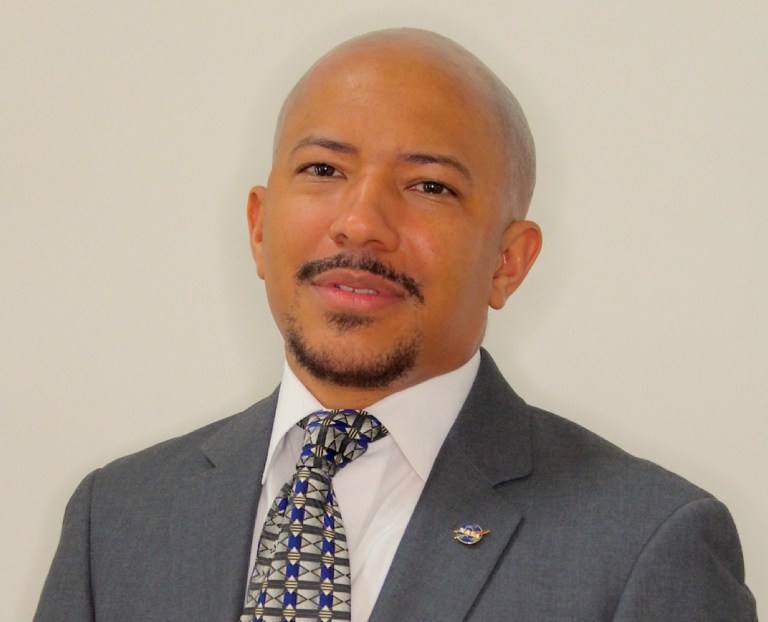
Marlo Maddox
Deputy Director of the Flight Projects DIrectorate
Marlo Maddox currently serves as the Deputy Director of the Flight Projects DIrectorate (FPD) at Goddard Space Flight Center. Prior to joining FPD he served as the Deputy Director for Institutions, Programs, and Business Management for the Sciences and Exploration Directorate (SED) at NASA Goddard Space Flight Center. The Sciences and Exploration Directorate is the largest Earth and space science research organization in the world, focusing on advancing our understanding of the Earth, Sun, solar system, known universe, and beyond. Scientists in SED partner with and engage the international scientific community, and work closely with engineers and technologists to advance scientific research.
Prior to serving in his current role, Mr. Maddox served as Assistant Director for the Heliophysics Science Division at NASA Goddard Space Flight Center in Greenbelt, Maryland from 2016 – 2020, where he provided authoritative guidance in the planning, administration, and technical management of the Division. Mr. Maddox began his NASA career as a summer intern in 2000. In 2001, shortly after graduating from Morgan State University with a bachelor’s degree in computer science, Mr. Maddox joined the civil service workforce at NASA. In 2009, Mr. Maddox earned a master’s degree in computer science from The Johns Hopkins University. Prior to entering into management in 2016, Mr. Maddox served as Deputy Director of the Community Coordinated Modeling Center, overseeing all operational aspects of the project and also leading the software development activities within the group. Mr. Maddox would successfully lead diverse groups of international scientists and engineers, building coalitions across the space weather enterprise and increasing agency capabilities in space weather forecasting.
Mr. Maddox is the recipient of numerous individual and group achievement awards for Earth and space science research at NASA.

